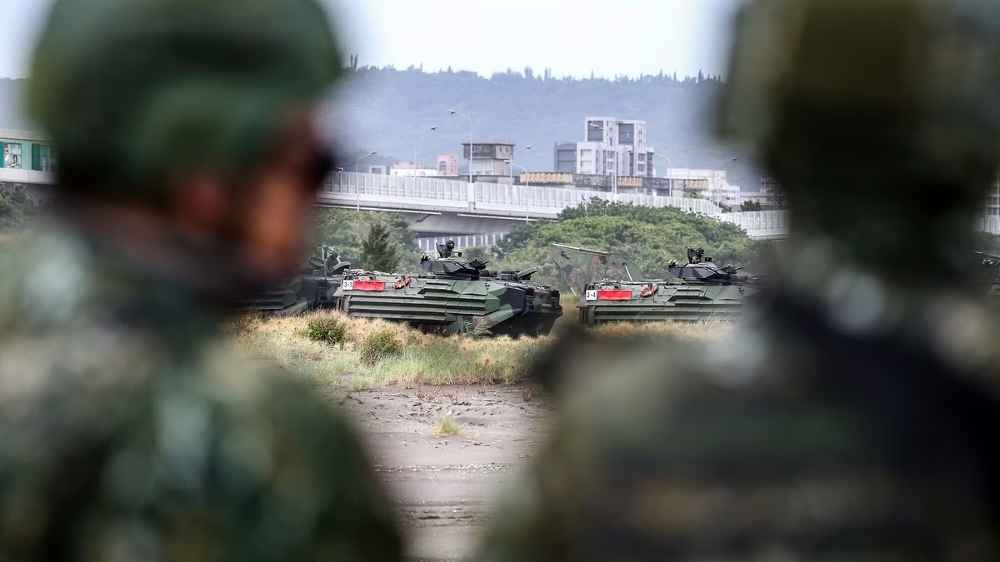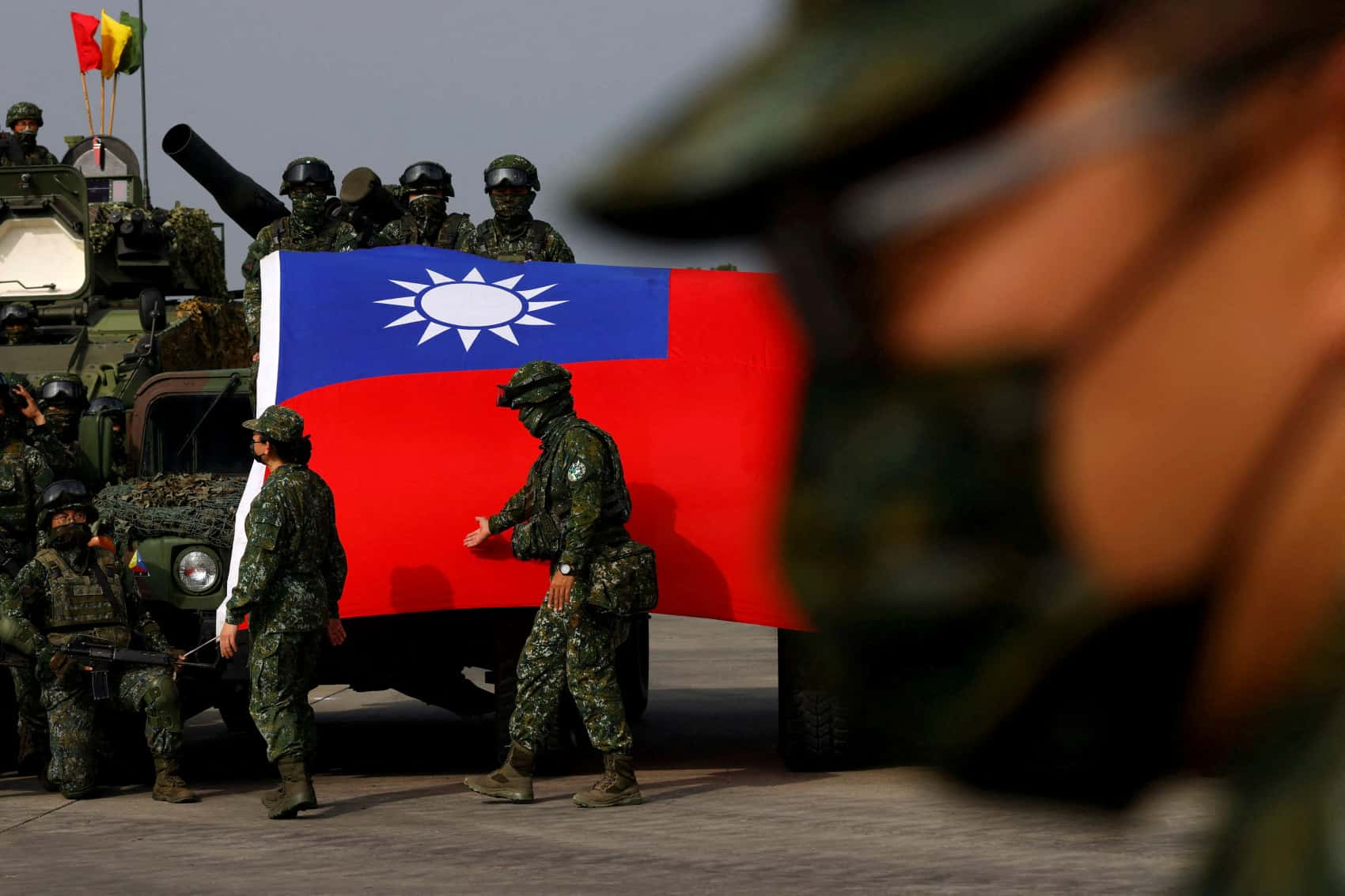This weapons package includes weaponry taken from U.S. stockpiles and will be the first instance of the U.S. employing the presidential drawdown authority to supply equipment to Taiwan directly.

The White House made an announcement on Friday about a significant weapons package worth $345 million, which will be sent to Taiwan by the Biden administration
The allocation was authorized by Congress as part of the annual defense bill, which allotted approximately $1 billion for such drawdown weapons package for Taiwan during the 2023 fiscal year.
The use of drawdowns from U.S. inventories allows for a swift transfer of equipment, as exemplified by the more than 40 drawdowns that the administration has previously sent to Ukraine since August 2021. This bypasses the time-consuming foreign-military sales process, which often takes years to deliver weapons packages. However, the specific contents of the weapons package and its expected delivery date have not been disclosed yet.
According to Defense Department spokesman Lt. Col. Martin Meiners, the drawdown weapons package will provide Taiwan with self-defense capabilities to enhance deterrence both now and in the future. It includes systems that address critical defensive stockpiles, multi-domain awareness, and anti-armor and air defense capabilities.
The decision to supply this weapons package is in line with the U.S.’ commitment to supporting Taiwan’s self-defense efforts and deterring any potential attack from China. While China is reportedly developing the military capability to invade Taiwan by 2027, senior U.S. officials clarify that it does not necessarily indicate an imminent attack.
Chairman of the Joint Chiefs of Staff, Gen. Mark Milley, stated that the essence of deterrence is to ensure that China never reaches the point of making such a decision
The U.S. wants to ensure that each day President Xi wakes up, he refrains from choosing to launch an attack on Taiwan. Given the context, the announcement is likely to provoke discontent in Beijing, especially as the U.S. and China have been working on reestablishing relations since the Chinese spy balloon incident. While senior leaders from both countries have engaged in meetings over the summer, military-to-military relations remain inactive, and Defense Secretary Lloyd Austin is yet to meet with his Chinese counterpart, Li Shangfu since Li assumed office in March.
READ ALSO: CollegeAmerica Faces $130 Million Student-Loan Relief Over Misrepresentation Of Education Benefits




